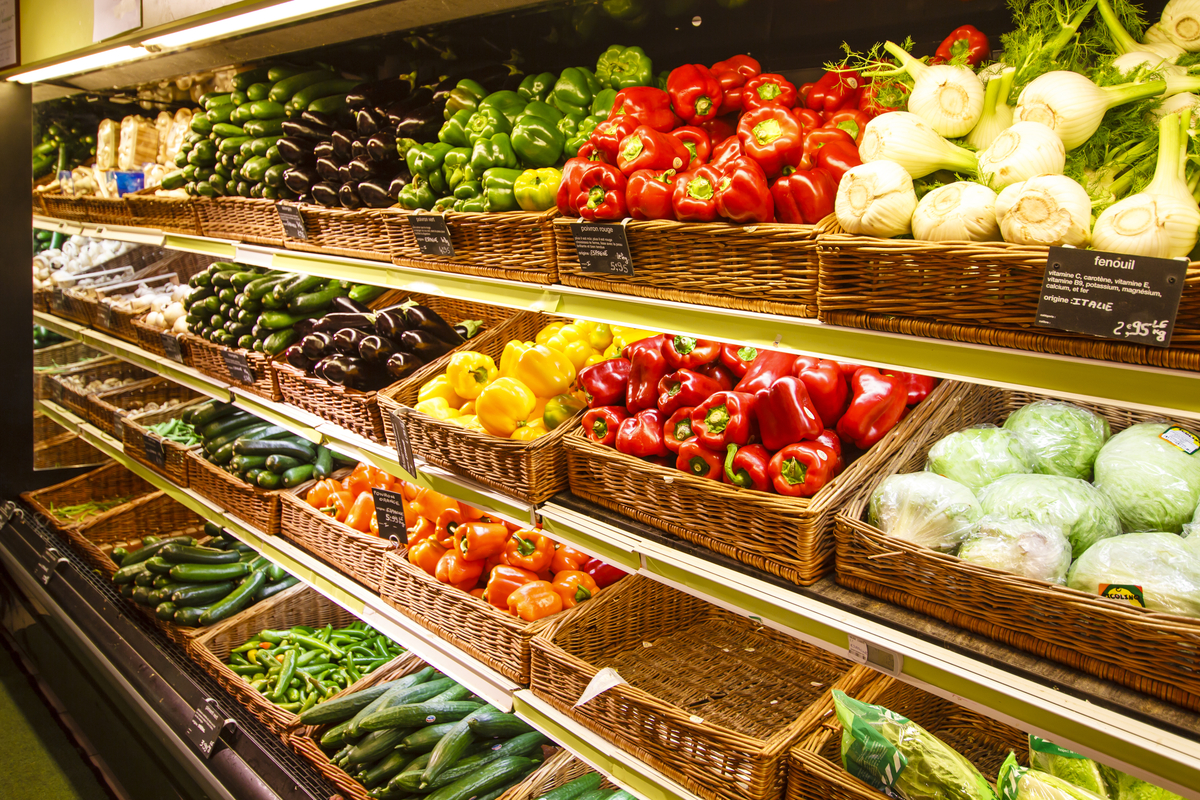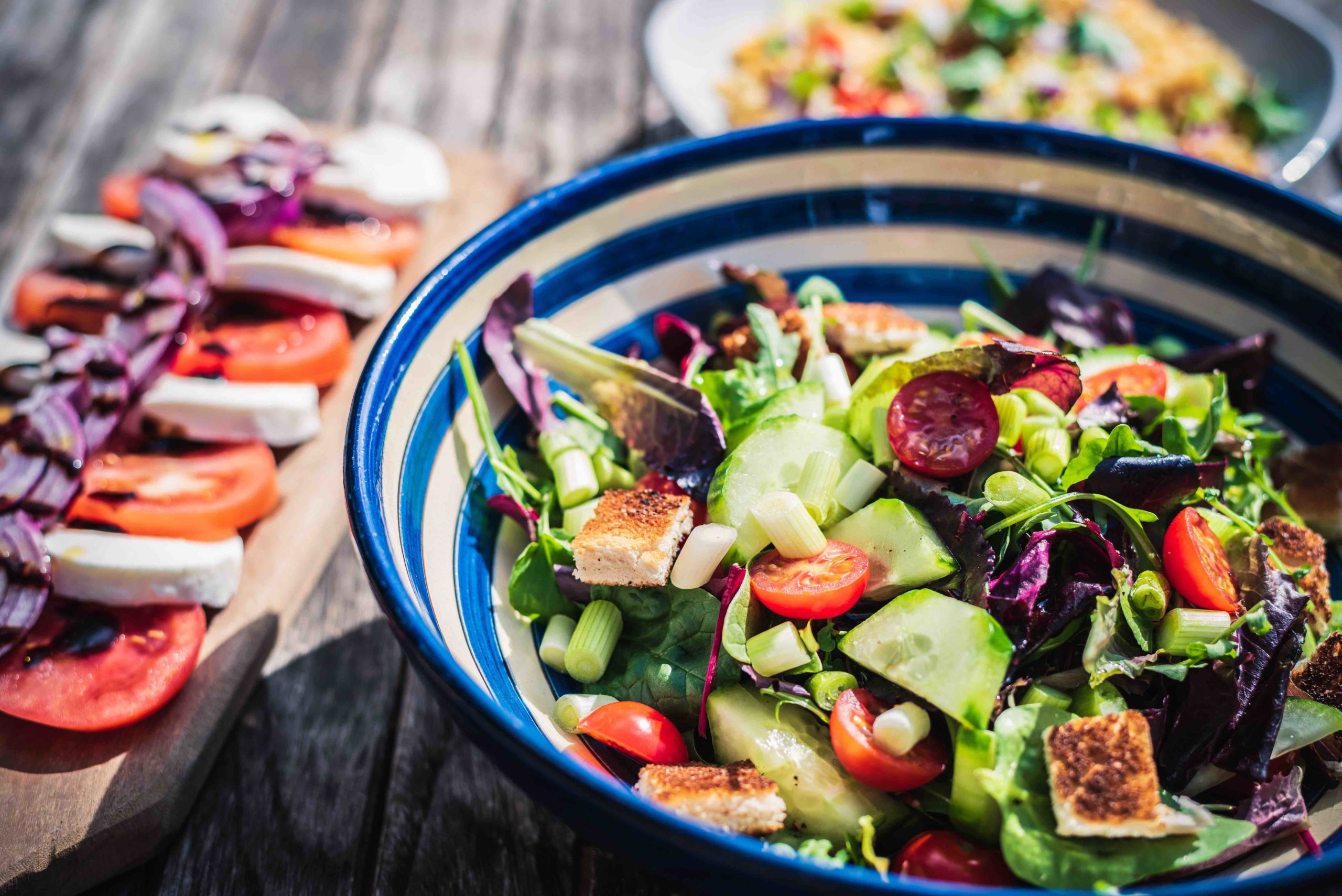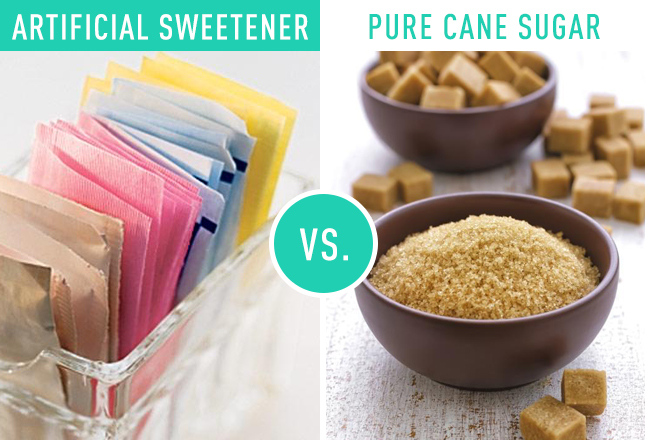With a bit of guidance, you can maximize the amount of organic in your life without splurging on some items that are considered just fine when grown conventionally. When navigating the grocery scene and putting the effort into living a healthy lifestyle, it’s important to remember that you have options.
[sc name=”saveupto70off” ]Buy organic berries, skip the larger fruits
Knowledge of which of nature’s sweet treats to buy organic is a piece of key knowledge for your budget. Thin-skinned fruits and vegetables are a great place to start. Foods like apples, cherries, tomatoes, grapes, berries, cucumbers and others that have a thin skin are high on the list to spend money to buy organic. That’s because these foods are typically ranked as having among the highest level of pesticides when grown conventionally. It’s totally worth it to overlook expenses in this case for the organic variety. The good news is that when fruits are in high demand during their season, stores often have to put them on sale to make room for more coming in, so it’s still possible to buy organic at a reasonable price.
Fruits with a thick outer skin or peel tend to fare okay conventionally grown. This is because their outer covering shields them from absorbing much of the agricultural chemicals that are used to control pests. Avocados are considered among this group of safe conventional options, which is great news for all the guac lovers. Other safe conventional options are bananas, melons and grapefruit, where any pesticides are concentrated in the non-edible outer surface.
Buy organic greens, skip the onion family
Leafy vegetables like spinach, kale, lettuce and arugula should be bought organic as often as possible. If it is not an option be sure to wash these foods very thoroughly to minimize pesticide residue.
Luckily, there’s a whole category of foods that are not subject to pesticides for the simple fact that most pests don’t have access to them: underground vegetables. Foods like onions, garlic, shallots and radishes grow mostly underground, and thus are less available to most bugs and often go unsprayed. Their natural odor also works to repel pests. For this reason, buying these items conventionally isn’t dramatically different than buying organic which makes it a good option for saving money.
Buy organic grains, but skip the quinoa
Grains are often found on the ‘buy organic’ list, but there is one special superfood that this doesn’t always apply to: quinoa! It is typically low in pesticides, as most growers acknowledge that it’s unnecessary given the outer coating which is very bitter tasting and generally unappealing to bugs. As quite a pricey grocery to begin with, saving a few bucks on a conventional brand isn’t cause for concern. It’s important to note that experts always recommend rinsing quinoa before cooking as an additional safety measure, however.
Buy organic potatoes, or make this conventional swap
Conventional potatoes have gotten a bad wrap for the high amount of toxins typically found in them, but the price of organic potatoes can seem unreasonable. This is where a little knowledge can make a big difference. It turns out that conventional sweet potatoes are considered clean and often completely free of these toxins. Making this little switch will save you cash and add a tasty spin to your meal.
As a general rule for all produce, whether organic or conventional, it’s always a good idea to thoroughly rinse in water, especially before cutting into it which can spread any residual toxins from the outside of the food to the clean insides. This is especially important to maximize the safety of conventional foods, and can be further improved on by peeling the skin off altogether.






One thought on “What You Should Buy Organic and What You Can Skip”
Comments are closed.